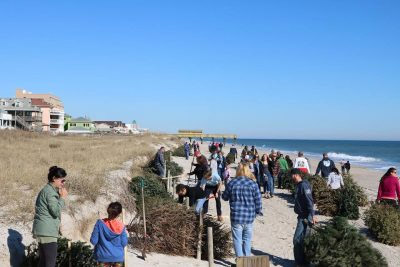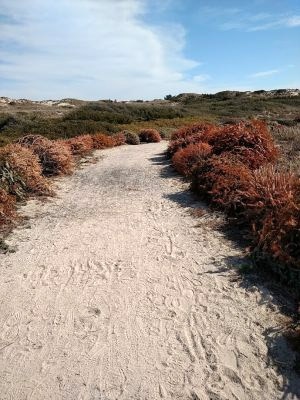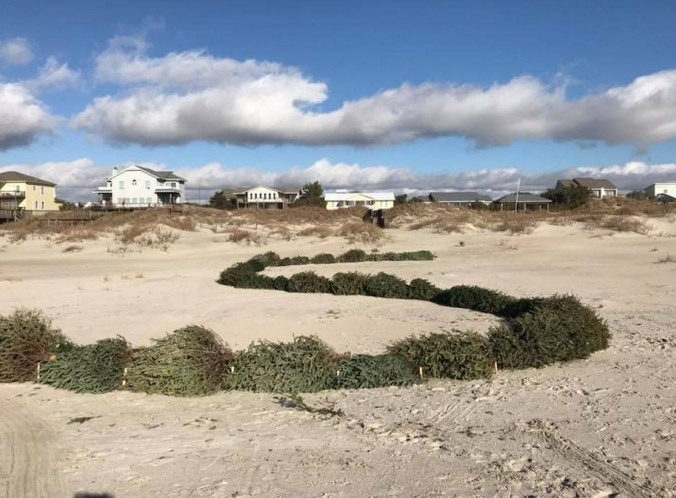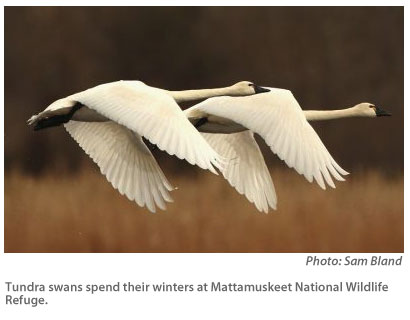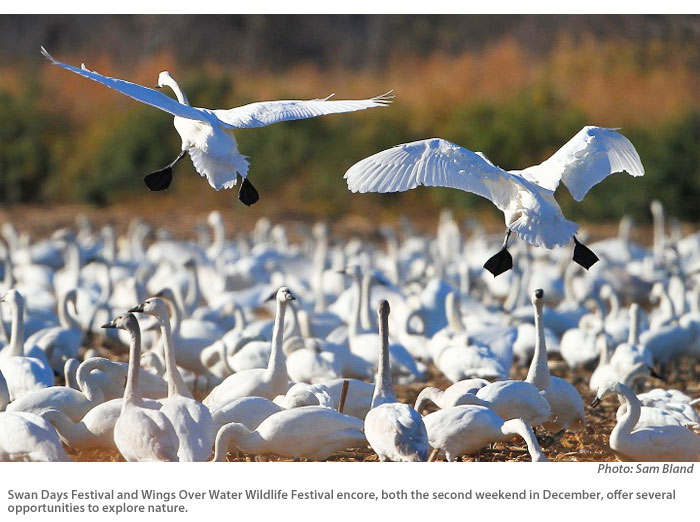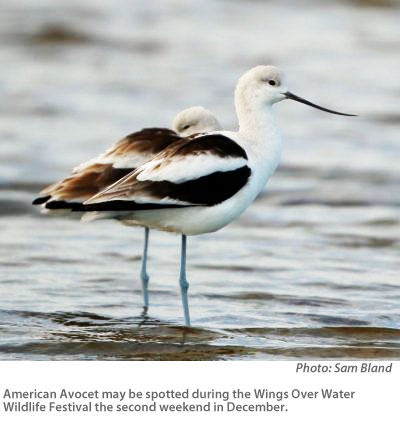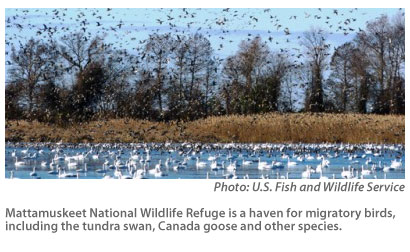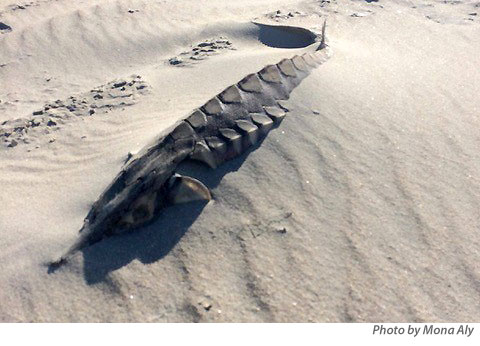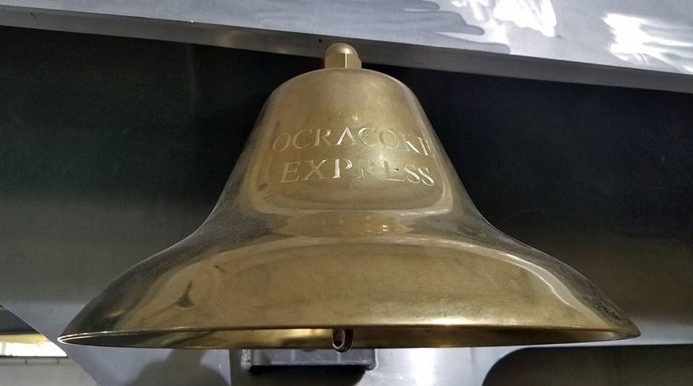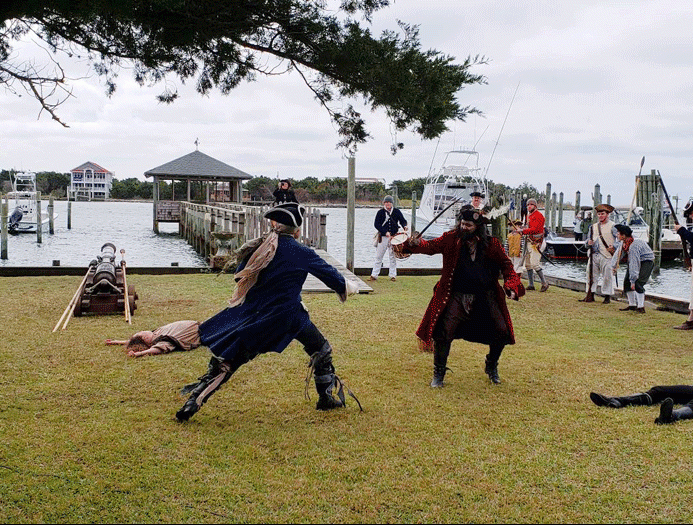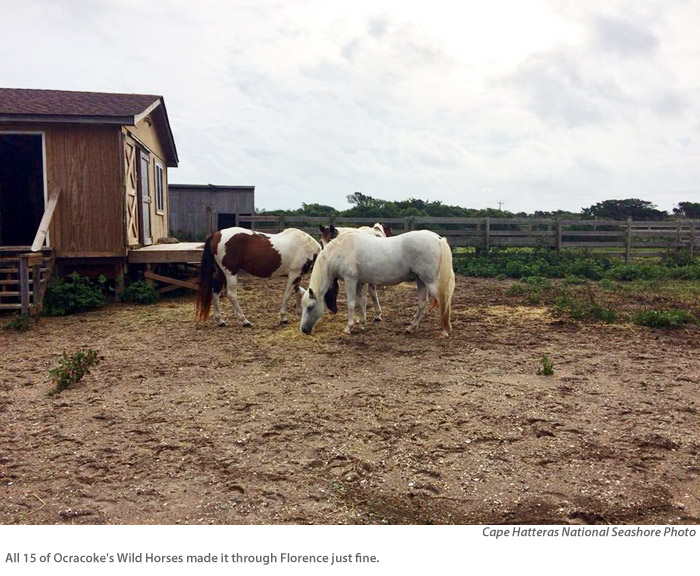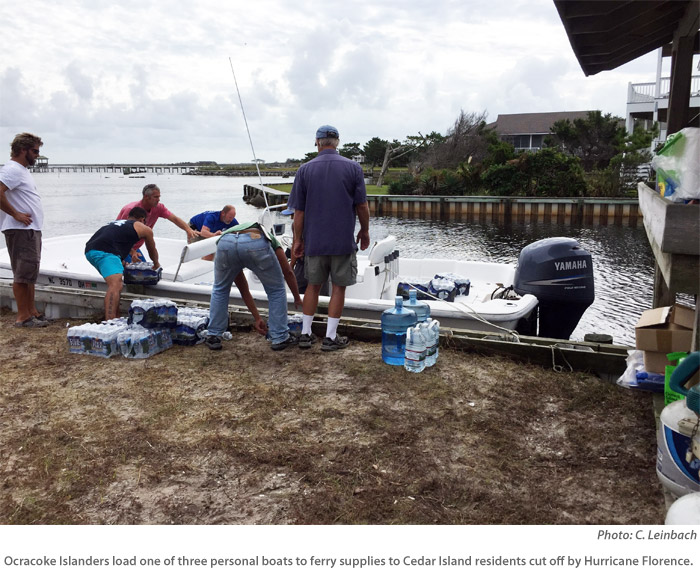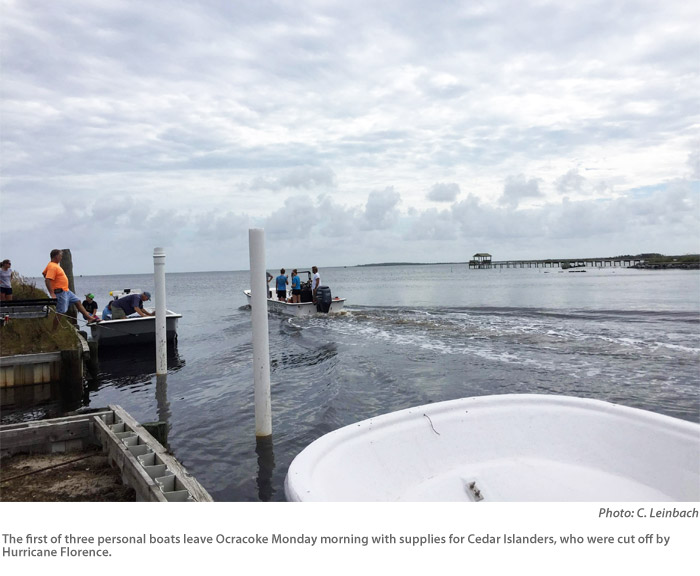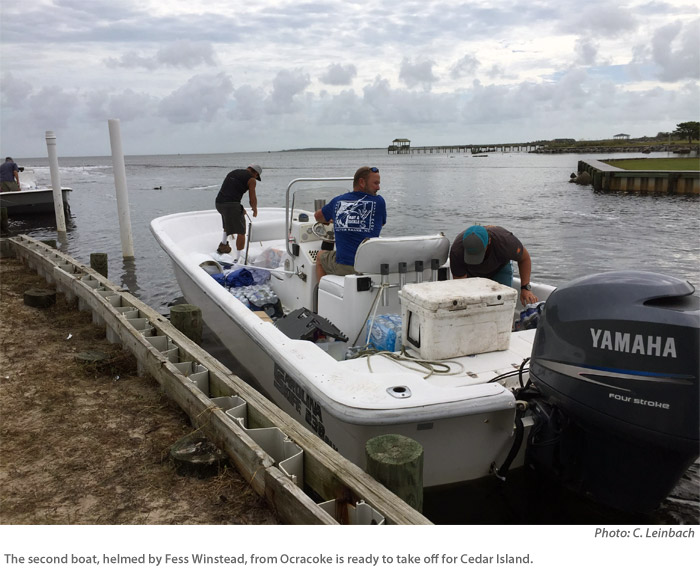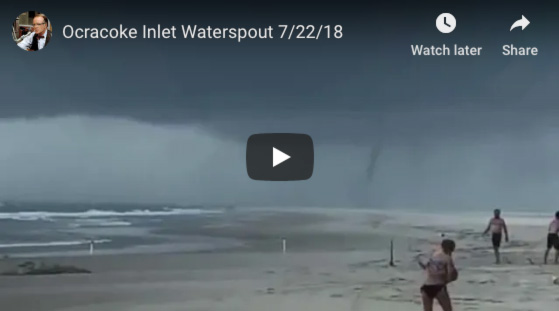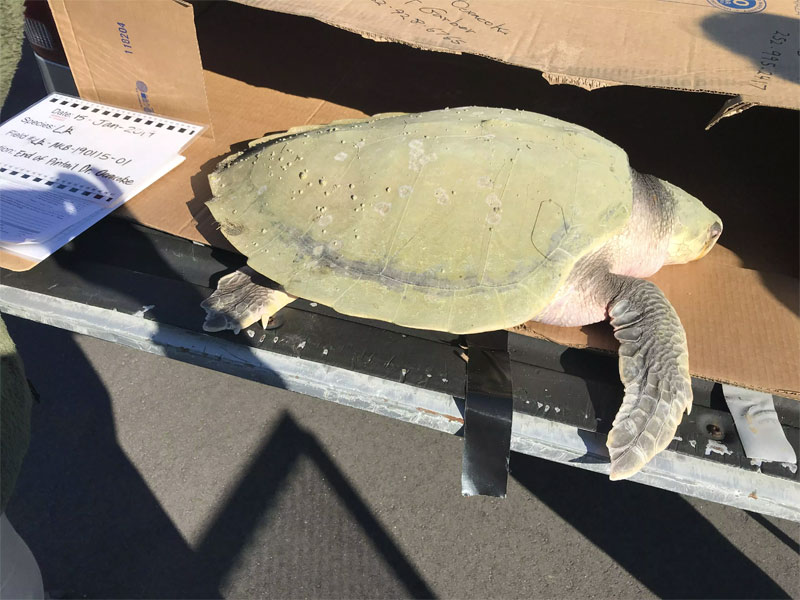
Pat Garber and an assistant gently lifted the Kemps Ridley turtle into the back of a truck for transport to the Sea Turtle Assistance and Rehabilitation (STAR) Center at the North Carolina Aquarium on Roanoke Island.
The turtle, a critically endangered species, had been stunned by the cold ocean waters and was beached at the end of Pintail Drive in the Oyster Creek area of Ocracoke Village.
This was a lucky one—one of two live turtles found in the last few weeks by several Ocracoke volunteers for the Network for Endangered Sea Turtles (NEST).
It didn’t look that way at first.
Garber said her friend, Barbara Adams, called and happened to mention that a dead turtle was at the end of her road. When Garber went to examine it, she found that the turtle was only in a coma-like state–where body systems slow down and eventually will stop unless the turtle gets expert care at the aquarium.
Garber, a former wildlife rehabilitator on Ocracoke, and her assistant recruited part-time islander Benjamin Downing in the ferry line to transport the turtle, now in a box, over to Hatteras where another NEST volunteer relayed it to the aquarium.
Later that day, Garber found a second live, green turtle along the Pamlico Sound. She said both turtles will be rehabilitated and cared for until the ocean waters become warm enough for them to be released back.
“The people at the aquarium said they were in good shape and should do well,” Garber said.
But most of the turtles the volunteers have found on Ocracoke recently have been dead, she said.
Sea turtles have migrated into the warm Gulf Stream, Garber said, but they may get sick, injured or stunned by cold water and float toward land all along the Outer Banks where NEST volunteers monitor them in the winter.
It’s all about the water temperature, which varies between Hatteras and Ocracoke. Hatteras waters are colder producing more stunned turtles. Ocracoke is warmer because the Gulf Stream laps up against the island before it meets the cold Labrador Current flowing down the Atlantic coast before the two currents collide off Cape Hatteras.
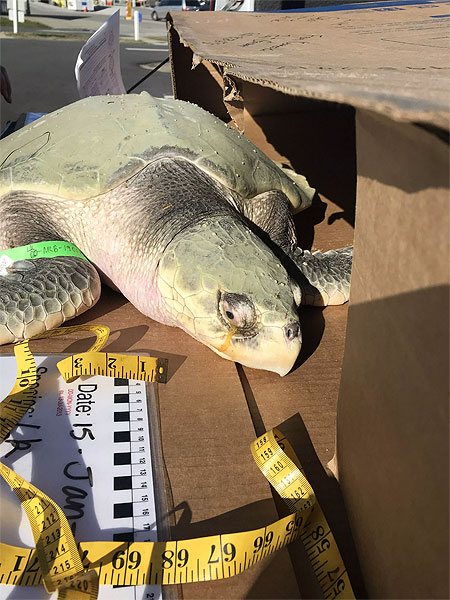
“Our waters are about 10 degrees warmer,” Garber said. “That’s probably why we’re not finding as many as in Hatteras.”
Ocracoke volunteers travel the beach and as much of the sound side as possible on days when they are alerted that the water temperature dips below 50 degrees. NEST’s Hatteras Island coordinator, Frank Welles, monitors the ocean temperatures and alerts the Ocracoke cohort via email.
If they find live turtles, they are placed in a box and driven to the South Dock (at the north end of Ocracoke) and placed on a ferry to Hatteras where Dare County NEST volunteers take over.
Reports are made on all turtles, whether dead or alive, and that information is also sent to the N.C. Wildlife Resources Commission at the Outer Banks Center for Wildlife Education.
Today (Sunday), the temperatures will plunge into the 20s by nightfall as a strong, arctic cold front pushes through North Carolina Sunday through Monday. Monday through Wednesday may yield more stunned turtles. (See graphic below.)
Garber said anyone finding a turtle should assume it’s alive; don’t try to warm the turtle, and to immediately contact her 252-928-6765, or Rita Thiel, 859-640-3061.
In November, NEST held an information session on Ocracoke to recruit volunteers.
As for Kemps Ridley sea turtles, according to ourbreathingplanet.com they are one of the most endangered sea turtles in all the world. Perhaps fewer than 1,000 breeding females still exist. It bears the name of Richard M. Kemp, the naturalist to first identify the species in 1880. It also ranks as one of the smallest known sea turtles.
Karen Clark, director of the Outer Banks Center for Wildlife Education, wrote in an email to Garber that this one is one of the biggest she’s seen.
“Certainly in a while at least,” she wrote.
Established in 1995, NEST is a volunteer, non-profit organization dedicated to the protection and conservation of sea turtles and other protected marine wildlife on the Outer Banks. The group has rescued hundreds of turtles stunned by the cold water and stranded in Pamlico Sound.
Last April, 12 rehabilitated sea turtles were released on Ocracoke. To read about this event, click here.


